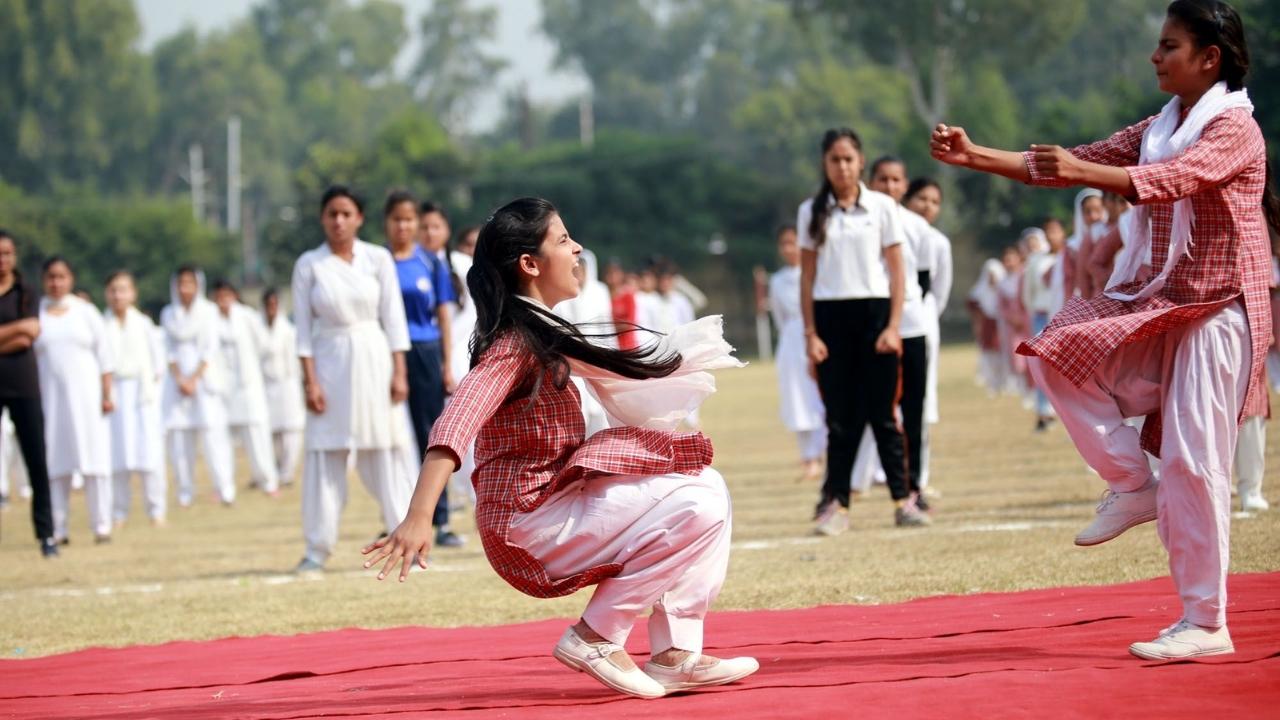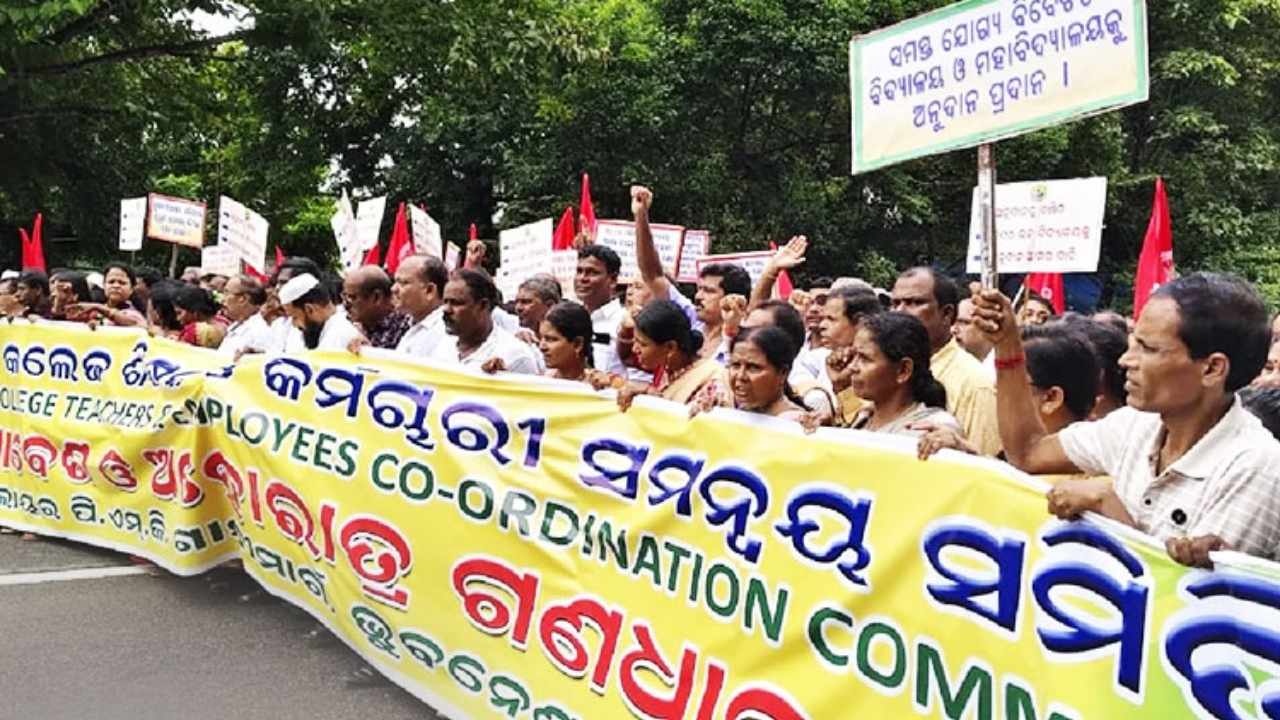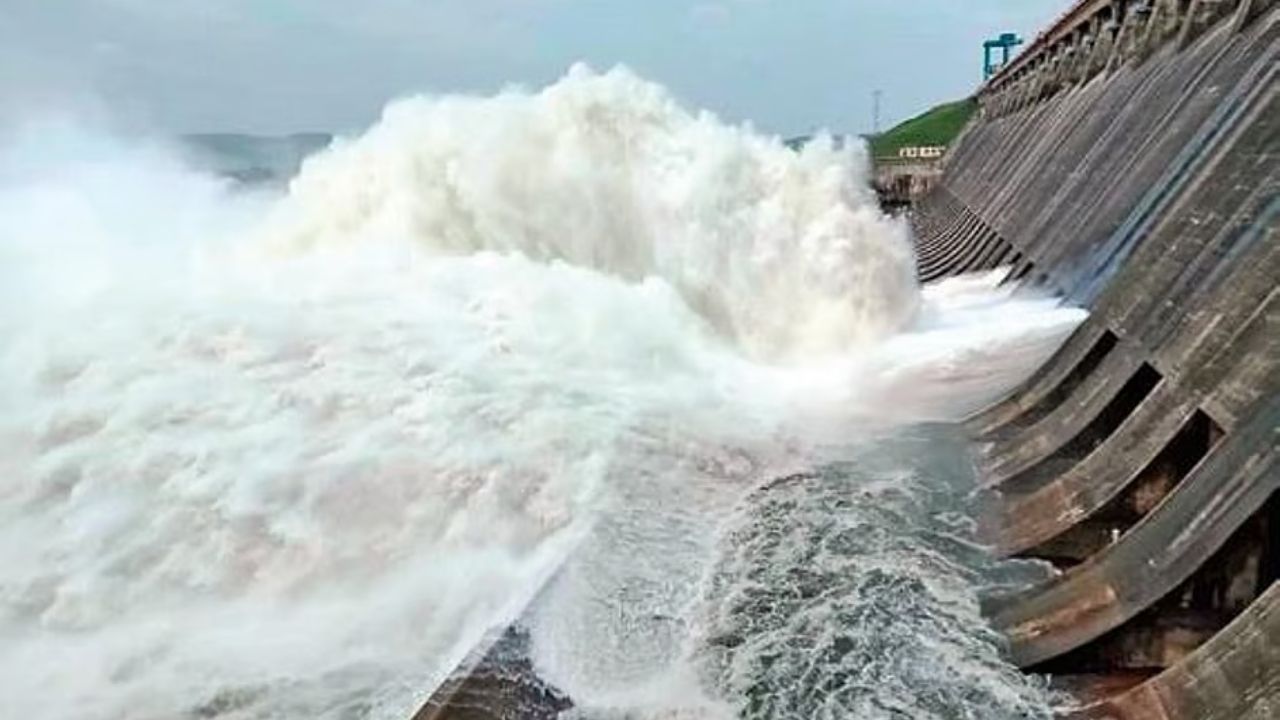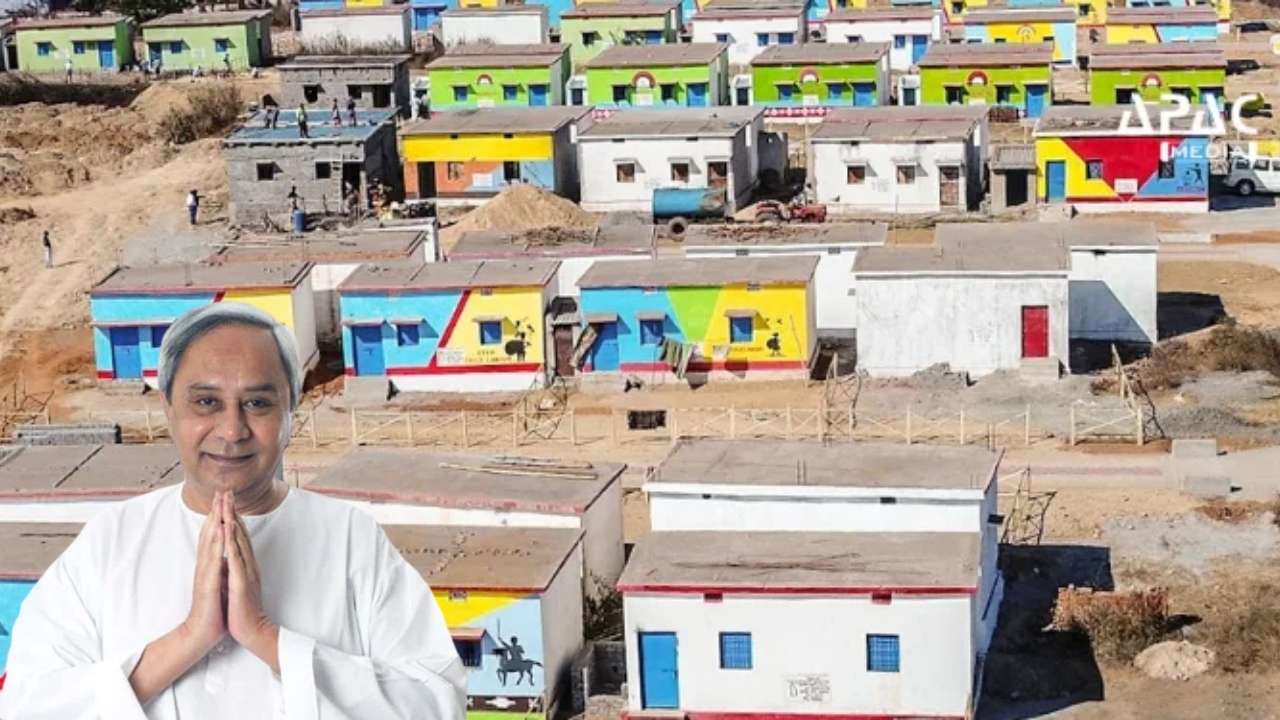In a devastating incident that has shaken India’s educational community, the tragic end of an ABVP activist and self-defence teacher in Odisha College has raised serious concerns about campus safety, sexual harassment response systems, and institutional accountability. This young woman—a role model and student leader—died by self-immolation after alleged inaction on her sexual harassment complaint.
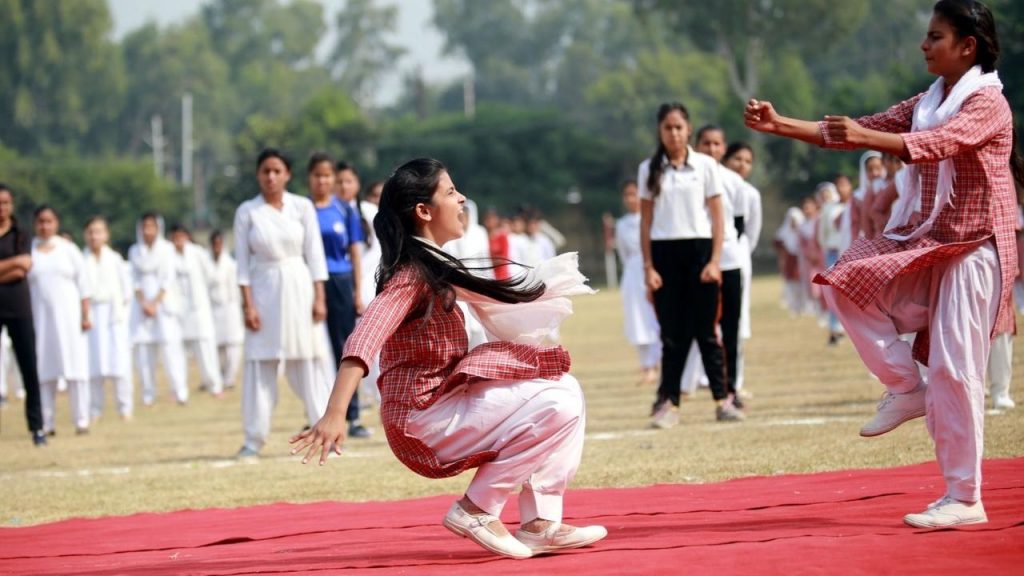
Her story goes far beyond a single college. It reflects how gaps in enforcement and compassion can turn a life full of promise into tragedy.
ABVP Activist and Self-Defence Teacher
| Topic | Details |
|---|---|
| Name | Withheld for privacy (20-year-old B.Ed. student) |
| Affiliation | ABVP activist, self-defence teacher, “Aapda Mitra” disaster relief volunteer |
| Date of Incident | July 12, 2025 – self-immolation on college campus |
| Complaint | Filed against Assistant Professor on June 30; FIR on July 1 |
| Injuries & Death | Sustained 95% burns; passed away on July 14, 2025 |
| Arrests | Assistant Professor & Principal arrested for harassment and abetment |
| Investigation | Crime Branch + Swift Trial Team + UGC, NCW fact-finding missions |
| Government Response | ₹20 lakh compensation, campus safety reforms |
| Official Source | Odisha Higher Education Department |
The tragic end of an ABVP activist and self-defence teacher in Odisha College exposes how bureaucratic apathy can cost lives. While the law provides protection, its implementation remains weak on the ground. This case should not fade from memory—it must become a catalyst for structural reform, awareness, and accountability in every Indian college.
Who Was She? A Life Full of Promise
This wasn’t just another college student. She was an all-rounder—a bold, articulate ABVP activist who trained other young women in self-defence. As part of the “Aapda Mitra” program, she had also helped her local community during floods.
She stood for courage, compassion, and community. Her friends described her as “the girl who made sure others didn’t feel unsafe.” Tragically, she couldn’t find that safety for herself.
What Happened?
Here’s a clear breakdown of the timeline of events leading to her death.
Timeline of Events
- June 30, 2025: She submitted a sexual harassment complaint to her college against Assistant Professor Sameer Kumar Sahu.
- July 1: She filed an FIR with the police.
- July 12: After meeting the principal and feeling ignored, she poured kerosene and set herself ablaze near the college library.
- July 13–14: She was transferred to AIIMS Bhubaneswar in critical condition with 95% burns.
- July 14, late night: She passed away.
According to reports from Indian Express and Times of India, no significant institutional action was taken between her complaint and the incident. This delay likely contributed to her despair.
Major Institutional Failures
Absence of an Internal Complaints Committee (ICC)
Indian law requires every educational institution to maintain an active Internal Complaints Committee (ICC) under the Sexual Harassment of Women at Workplace Act, 2013.
In this case:
- The ICC was either non-functional or absent.
- No hearings were conducted.
- No steps were taken to protect or reassure the complainant.
The law is clear. Every campus must have an ICC, trained members, and clear complaint-handling protocols. If you’re an administrator or student, you can learn more from the Ministry of Women and Child Development.
Arrests and Investigations
Who Has Been Arrested?
- Assistant Professor Sameer Kumar Sahu, the primary accused, has been charged under IPC Section 354.
- Principal Dillip Kumar Ghose was arrested for abetment and failing to act on the complaint.
Ongoing Investigation
- The Crime Branch has taken over the case under the Swift Trial Initiative.
- UGC, NCW, and Odisha Education Department are conducting independent reviews.
- Reports show CCTV blind spots and unanswered questions about how fuel was brought on campus.
This is more than a case of negligence—it’s a systemic failure.
Lessons and Takeaways
For Students
- Know Your Rights – You are protected under Indian law. You have the right to file complaints and expect action.
- Use Official Channels – If your institution doesn’t help, platforms like SHE-Box allow you to complain directly to the central government.
- Seek Support – Reach out to NGOs, student groups, or helplines.
For Institutions
- Activate and Train ICCs – No excuses. Every college must maintain an active Internal Complaints Committee.
- Clear Visibility of Rules – Display harassment policies and helpline info in hostels, classrooms, and admin offices.
- Install Surveillance Systems – Monitor blind spots and limit access to flammable materials on campus.
For Parents and Society
- Teach Empowerment Early – Talk about safety and consent early and often.
- Destigmatize Mental Health – Support your children emotionally and take complaints seriously.
- Demand Transparency – Push local schools and colleges to publish complaint-handling data.
Call to Action for Change
This heartbreaking incident is a loud wake-up call—not just for Odisha, but for the entire country. Students deserve safe campuses, quick grievance redressal, and leadership that listens.
The government has promised reforms, and civil society is mobilizing. But lasting change requires consistent enforcement, better awareness, and community support.
If you’re a student leader, educator, or parent, this is the moment to step up. Let’s not allow this to happen again
Ravenshaw University Reverses Decision on Women’s Campus Access After 5:30 PM
Odisha Ushers in New Era of Women’s Empowerment and Growth
Odisha Crime Branch Interrogates Person Who Tried to Prevent Self-Immolator’s Death
FAQs
Q1: What is ABVP?
ABVP (Akhil Bharatiya Vidyarthi Parishad) is a student organization linked with the Rashtriya Swayamsevak Sangh (RSS). The student was an active participant in its outreach and leadership training programs.
Q2: What is an Internal Complaints Committee (ICC)?
It is a body within every workplace or educational institution responsible for addressing complaints of sexual harassment. Mandated under the POSH Act.
Q3: Can a principal be arrested in such cases?
Yes. If found complicit or negligent in handling a harassment complaint, principals or heads of institutions can face criminal charges.
Q4: What is “Aapda Mitra”?
It’s a civilian disaster response volunteer program initiated by the National Disaster Response Force (NDRF). The deceased student had completed training and participated in local relief efforts.
Q5: How common is sexual harassment in Indian colleges?
A 2023 UGC report showed that more than 60% of Indian colleges either do not have a functioning ICC or fail to report harassment cases transparently.

